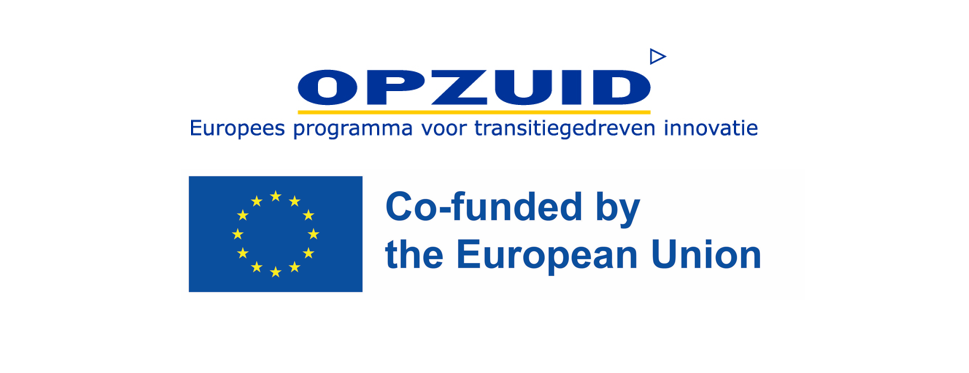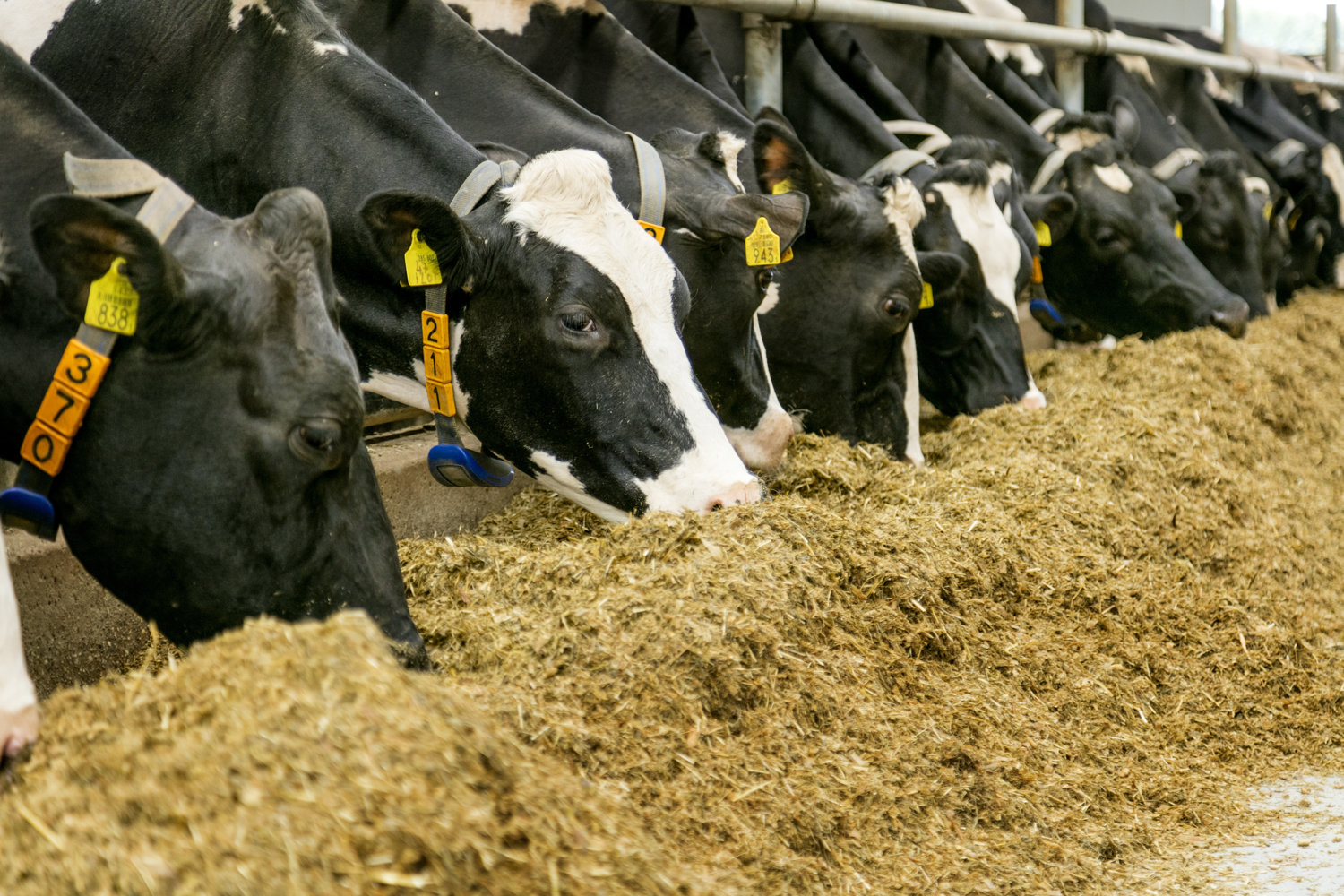Nutreco has received an OPZuid grant to collaborate with Dutch dairy farmers on reducing nitrogen emissions. This funding enables the development of on-farm solutions fit for the Netherlands' environmentally demanding dairy sector, preparing us for future global challenges.
Nutreco receives Dutch grant to develop on-farm solutions to target nitrogen emissions


The project, officially named: ‘Realising the maximal reduction of nitrogen emissions achievable through dietary means within the dairy herd of Noord-Brabant’ is a collaboration between Nutreco’s livestock feed business, Trouw Nutrition and Nutrivice B.V. The project received a grant from Dutch subsidiary programme OPZuid (a subsidiary programme for the three southern Dutch provinces Noord-Brabant, Limburg and Zeeland, backed by EU funding), for a period of 4 years.
The Netherlands is among the countries with the most geographically dense nitrogen emissions in the world, where 45% of emissions originate from the agricultural sector. Noord-Brabant is province with the highest livestock density in the Netherlands.
Local learnings, global perspective
Within the consortium, Nutreco delivers extensive knowledge and an R&D base (Trouw Nutrition R&D), and Nutrivice functions as an indispensable link to dairy farmers and their daily operations. Trouw Nutrition R&D has years of strategic focus on nitrogen (N) efficiency to address the global importance of this topic as limiting factor for efficiency, profitability and land use in tropics (Brazil and India) and North American dairy and beef business, while being critical to dairy sustainability in Europe.
For this reason, Nutreco has been chosen as the best candidate to apply this knowledge using the current Dutch N case in dairy. By initially focusing on the Dutch case, the project will also create valuable lessons for farmers in other important dairy and beef countries such as India and Brazil (using different farming and feeding systems). For this, Trouw Nutrition collaborates with partners, including the University of California Davis (USA), Federal University of Lavras (Brazil) and Wageningen University and Research Centre (NL).
The Dutch grant from OPZuid makes it possible to develop on-farm solutions that work in the most environmentally demanding dairy reality, the Netherlands, which in turn makes us already ready for the future in the rest of the world.
Toolbox of dietary strategies developed
The project consortium aims to develop a toolbox of dietary strategies for dairy cows designed to reduce nitrogen emissions by 10% to 20% compared to current nutritional practices. These strategies will enhance the efficiency of converting dietary protein into milk, minimising nitrogen excretion while maintaining milk production. By improving the efficiency of milk production, farmers can sustain or even increase output without expanding herd sizes, thereby optimising the use of land resources.
The project’s activities focus on advancing scientific innovation by bridging the gap between fundamental research and practical applications, with evidence generated directly from commercial dairy farms.
Through directly involving dairy farmers in this project we tackle the most prominent risks and generate not only growing profitability and reduced costs for commercial dairies, but also a positive impact on the environment. Working with farmers in this project is the key in creating acceptance of innovative dietary strategies, and as such creating market share.
Supporting our purpose of Feeding the Future
At Nutreco, sustainability is at the heart of everything we do. We integrate it into all our business and operational processes, fulfilling our commitment to delivering sustainable products and services. Addressing nitrogen emissions aligns closely with our purpose of "Feeding the Future" by enhancing ruminant efficiency on multiple levels and driving meaningful progress toward more sustainable farming practices.
Reducing nitrogen emissions plays a critical role in mitigating agriculture’s environmental impact and preserving biodiversity by optimising nitrogen efficiency and ensuring the sustainable use of resources. Over time, it also supports dairy farmers by helping them remain active without needing to reduce their herds or face buyouts due to emission restrictions. Additionally, implementing measures focused on nutritional efficiency in cattle enables the monitoring and improvement of their physiological health, advancing animal welfare and addressing issues that further promote their well-being.